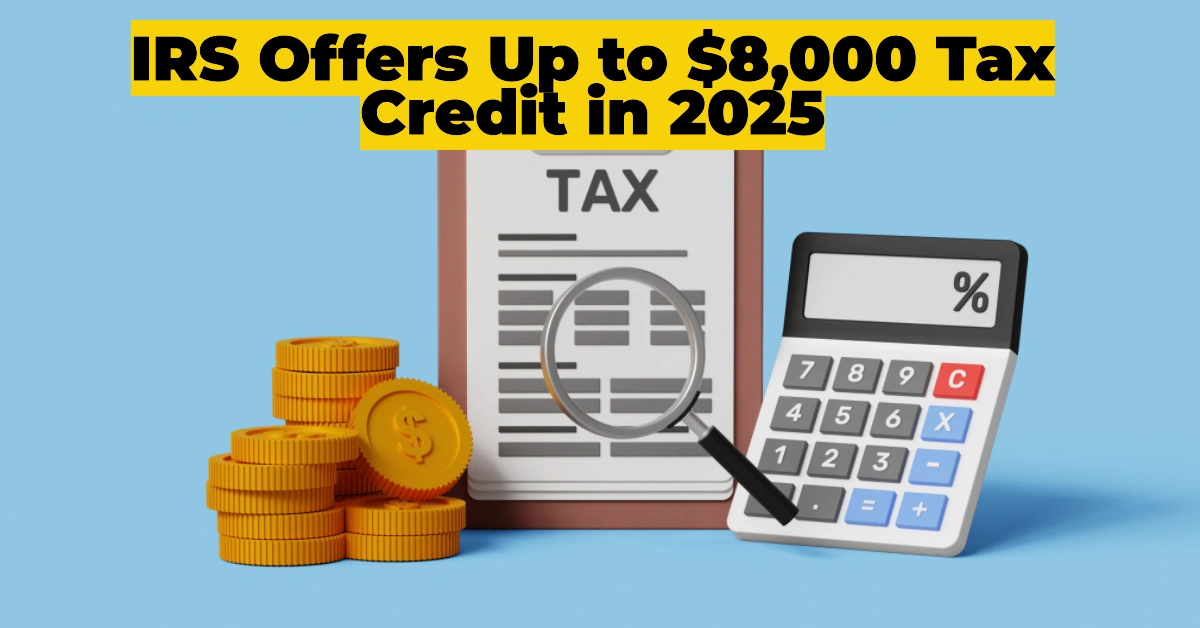Gold has been one of the best-performing assets of 2024, recording its largest annual gain since 2010. As Wall Street analysts eye even higher prices in 2025, the precious metal continues to captivate investors seeking stability amidst economic uncertainty.
Table of Contents
Prices soared by 27% in 2024, reaching $2,617.20 per troy ounce, outpacing the S&P 500’s 25% gain and closely trailing the Nasdaq Composite Index’s 31% surge. With a target price of $3,000 from major financial institutions like JPMorgan, Goldman Sachs, and Citigroup, gold appears poised for another stellar year.
Factors Driving Gold’s Bullish Momentum
1. Lower Interest Rates
As the Federal Reserve is expected to further reduce interest rates in 2025, the opportunity cost of holding gold diminishes. Lower rates make gold—a non-yielding asset—more attractive compared to interest-bearing investments.
With $6.7 trillion parked in money-market funds, experts predict a significant portion will shift into gold-backed exchange-traded funds (ETFs) like SPDR Gold Shares as investors look for alternatives amidst declining yields.
“This is the most bullish part of the cycle for gold,” said Greg Shearer, head of base- and precious-metals strategy at JPMorgan.
Refinancing Your Mortgage in 2025: What Experts Predict and How to Prepare
Housing Market Predictions for 2025: Will Prices Fall?
Home Equity Loan or Reverse Mortgage: Which is the Best Choice for 2025?
HELOC vs. Home Equity Loan: Making the Right Choice for 2025
Top 10 Housing Market Hot Spots to Watch in 2025: Where Homeownership Dreams Come True
2. Geopolitical Uncertainty
Gold is often a haven during global unrest, and 2025 promises to be fraught with challenges:
- Wars in the Middle East and Ukraine continue.
- President-elect Donald Trump’s plans to escalate trade disputes with China add to the tension.
- Inflation fears loom as central banks grapple with policy shifts.
China’s struggling economy and Trump’s tariff threats have further fueled domestic demand for gold, making it a preferred asset for wealth preservation.
3. Central Bank Buying
Global central banks, particularly in countries with strained ties to the West, are stockpiling gold.
- China: Official gold reserves have tripled since 2008, driven by economic uncertainties and trade tensions.
- Russia: Western sanctions have prompted a pivot from dollar-based reserves to gold as a secure alternative.
Goldman Sachs analysts highlight this trend as a pivotal moment for emerging-market central banks rethinking their reserve strategies.
According to the World Gold Council, 29% of central bankers surveyed in 2024 planned to increase gold holdings in the next 12 months—a record since the survey’s inception in 2018.
4. Limited Industrial Demand
Unlike silver or platinum, gold’s industrial use is minimal, shielding its value from economic slowdowns or trade disruptions.
- Jewelry remains the primary non-investment use, and high prices often lead to increased recycling, providing supply when needed.
- Gold’s insulation from industrial volatility makes it a reliable store of wealth, even during trade wars or economic contractions.
5. Historical Momentum
Gold rallies tend to sustain over time. Data shows that in five of the past six years when gold futures rose by at least 20%, prices increased again the following year, averaging gains of over 15%.
The sole exception was 2021, when gold prices dipped 3.6% after a 25% surge in 2020.
The Road Ahead for Gold in 2025
With a history of resilience and factors like lower rates, geopolitical tension, and central bank buying driving demand, gold is poised for another dazzling year. Analysts agree that gold’s upward momentum is far from over, making it a compelling choice for investors navigating a complex global economic landscape.
As 2025 unfolds, all signs point to gold reclaiming its status as the ultimate safe-haven asset and a shining star in portfolios worldwide.










